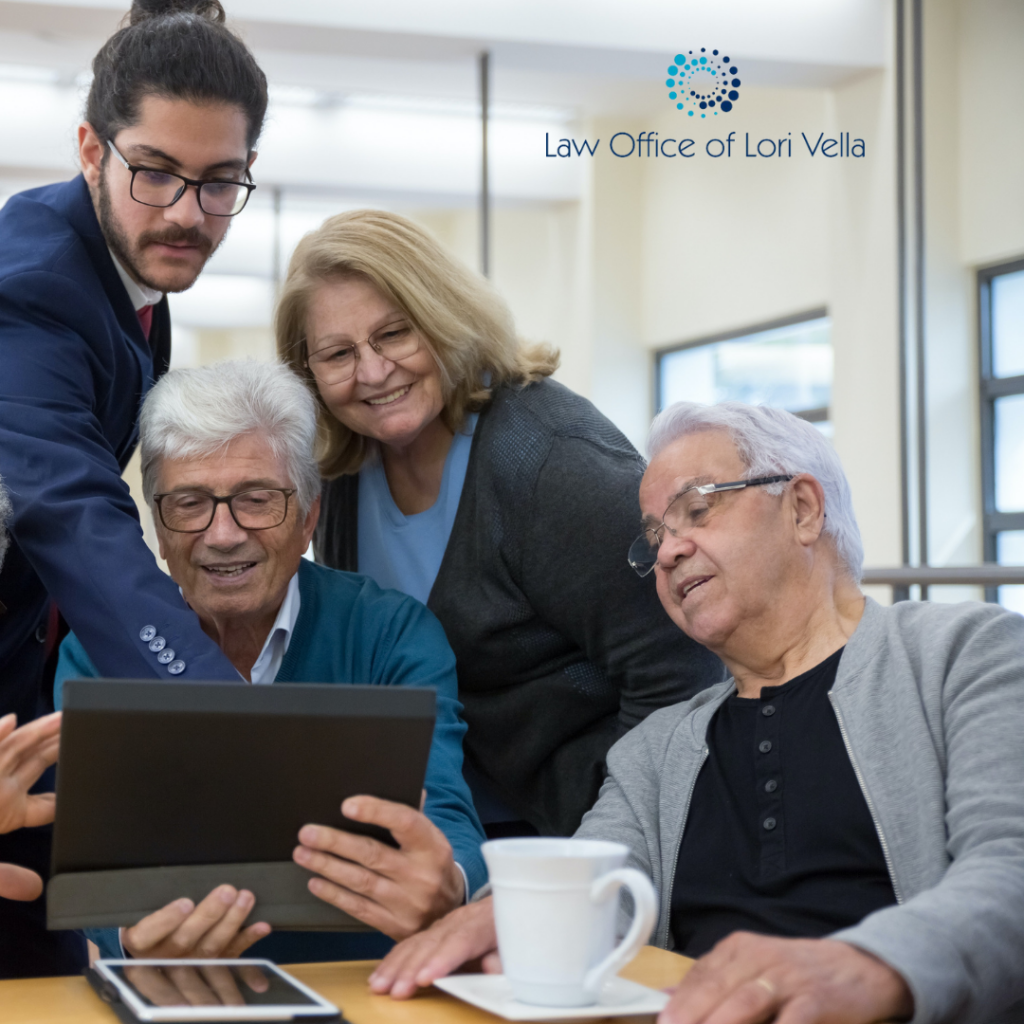With the aging population and spotlight on conservatorships or guardianships now, many people are looking for an alternative. Thankfully, Florida began creating an alternative a few years ago. The Elder-focused Dispute Resolution Process Bill is the first of its kind made specifically to help families considering guardianships.
This bill allows courts to assign trained “eldercaring coordinators” to discuss painful family issues away from the prying eyes of a courtroom. What began as a pilot program in 2015 has now grown into a new way of handling guardianships across the entire state. So, what is eldercare coordination and how can it work for you?
What Eldercare Coordination is
When the court appoints an eldercare coordinator it is usually because court proceedings have gotten out of hand. Eldercare coordination works like mediation does in a family law divorce case. In fact, it is considered alternative dispute resolution in the eyes of the law.
The eldercare coordinator would be appointed to handle family matters that impact an elder’s safety and autonomy. It was mirrored on the concept of Florida family law parenting coordinators. They have been used to help family members and the elder person come to agreement without public court proceedings. Find out more about eldercare coordinators here.
What Eldercare Coordination Isn’t
Some people believe that an eldercare coordinator can dictate to family members what they can and cannot do. This is not how eldercare coordinators work. Because coordinators work like mediators, their purpose to get all the parties to agree to the same solution and not force anyone to do something they don’t want to do.
Additionally, eldercare coordinators only have the powers that the court may grant them. This may mean that the coordinator has broad powers, or limited powers depending on the situation. But the coordinator cannot act like a judge and give orders to the parties to follow.
When elder abuse or domestic violence is suspected, eldercare coordination is not allowed without consent of all parties. In these types of cases the court must do two things. First, the court must determine that consent was given voluntarily by the parties. Second, prior to accepting the consent, the court must grant any person the right to consult with an attorney.
How Eldercare Coordination Works
Eldercare coordination works within the courts without being a part of the court system. Just like in regular mediation, the parties can agree to terms outside of court proceedings. This way the parties can keep their family issues private. Once the parties agree, the agreement can be brought to court for ratification or to avoid guardianship proceedings.
If you are indigent, the court cannot order you to eldercare coordination, but you may choose to do so voluntarily. The costs associated with coordination are shared equally across all parties.
When directed to eldercare coordination, all parties meet with the coordinator to discuss family issues behind closed doors. Eldercare coordination has the same rules as a mediation. You must keep what is said in your coordination session confidential or be subject to court sanctions.
When Eldercare Coordination is Used
Anytime a guardianship is being considered for an elderly person, eldercare coordination can be used. Some judges even use coordination as a starting point for any guardianship proceedings to better measure the situation in warring families. But you don’t have to file for a guardianship to hire an eldercare coordinator. They are available for any family in Florida who may be concerned about an elder’s well-being. Eldercare coordinators are helpful neutral third parties who can smooth over any rough patches in a family relationship. Coordinators are also extremely helpful during estate planning to ensure an efficient planning process for the elder member.
Caring for an elder parent or family member can be a stressful process. Eldercare coordinators can help smooth ruffled feathers and supply solutions to families. Before considering a guardianship for your elder you should contact an attorney for advice.
My office is here to assist you and help you to discuss your options. Contact the Law Office of Lori Vella today.
Photo by Kampus Production, www.pexels.com
Lori Vella is an Estate Planning and Business Attorney. She works virtually throughout Florida and New York, but has her home office in Tampa, Florida. She is mom to a little boy which ignited the passion for helping other families. She and her son enjoy car rides, playgrounds and taking mini-adventures. They also have an organic garden that surprisingly yields vegetables. Lori considers herself well-versed in Seinfeld and welcomes any trivia!
Disclaimer: The Law Office of Lori Vella’s website contains general information directed to Florida residents. This firm does not intend to give legal advice through its pages and/or blog. If you need legal advice, we encourage you to find an attorney licensed in your state. This language on this website does not create an attorney-client relationship between you and this firm.

